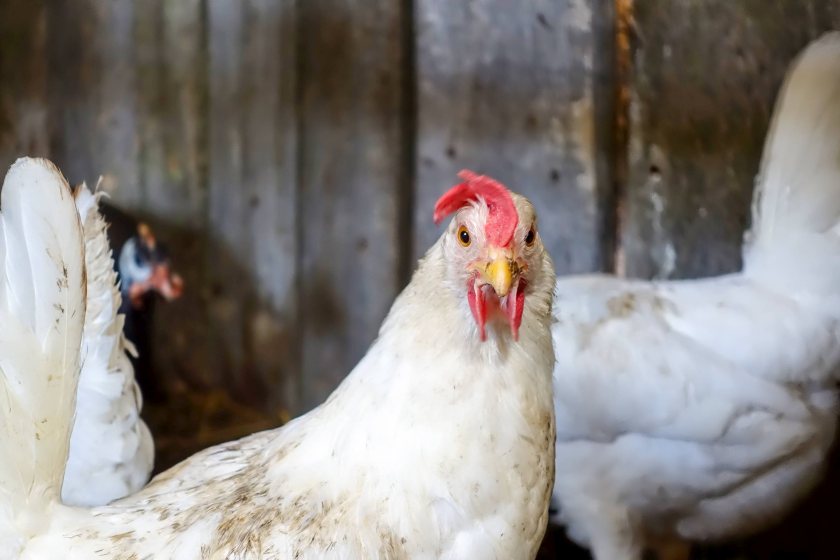One in seven broiler sheds still in use after 50 years, NFU warns

One in seven broiler sheds in the UK is at least 50 years old, the NFU has revealed, underscoring the urgent need for investment in modern poultry housing.
Publishing the results of its 2025 broiler shed age survey, the union said the findings demonstrate the scale of the challenge facing poultry producers.
First launched in 2009 and repeated in 2014, the survey is designed to provide data to underpin lobbying work and policy development.
The 2025 survey, conducted between February and April, captured data from more than 5,000 poultry houses, covering 7.2 million m² of productive floor space.
It found that the average UK broiler house is 31 years old, with a substantial proportion built decades ago.
The NFU reported: “Remarkably, 15% of broiler houses currently in production are at least 50 years of age.”
While Northern Ireland was found to have the newest housing stock, Scotland’s sheds were “by far” the oldest. Within England, houses in the east were substantially older than those in the north, south and midlands.
The survey also collected new data on refurbishments. Of the 5,031 houses recorded, only 17.4% had undergone major refurbishment at some point.
“Interestingly, 7% of broiler houses currently in use have not undergone a major refurbishment since they were built at least 50 years ago," the union noted.
Once refurbishments were taken into account, the report showed that 44% of broiler houses are at least 20 years old, while 11% are at least 40 years old.
The NFU said the results will be used to press government for action on planning, food security, grant funding and ensuring the competitiveness of British poultry meat against imports.
It stated: “What is clear, is that the UK broiler sector needs support, certainty and fairness applied across the supply chain if it is to remain strong in its production of quality, safe, nutritious and sustainably produced poultry meat.”
The results also highlight how previous surveys have been “instrumental in NFU lobbying work over many years, highlighting where investment in infrastructure is needed and supporting our ongoing efforts in demonstrating the impacts of a broken planning system.”
Looking ahead, the NFU said that the survey will help inform policy and lobbying asks that centre around the sector needing supportive and proactive government decision making to allow producers to "farm competitively and continue producing the nations favourite meat.”
The union added: “With producer confidence currently being low, this support is much needed to help promote investment in poultry businesses and future proof the sector.”
It concluded that such investment is essential not only for farm profitability but also “to help the government achieve its goals for food security and fairness in the supply chain.”








